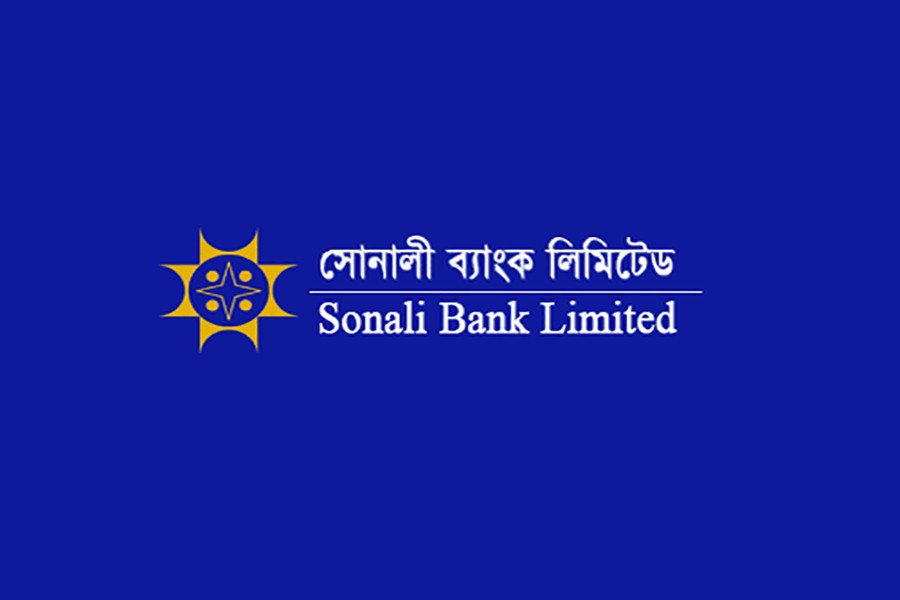The Annual Meeting of Sonali Bank Limited, 2018 held last Sunday passed with a good deal of soul-searching and a frank exchange of views between the finance minister and the management leaving some guidelines for the troubled Bank's turn-around in the process. The proceedings were circumspect, diagnostic, prescriptive and reformative-all rolled into a holistic approach---being contemplated to restore SBL to its original position as the biggest bank of the country.
The Finance Minister's emphasis on turning it into an 'ideal' bank in a couple of years following 2019--he is being realistic about the cut-off mark-aims at transforming SBL into an institution 'rendering one of the greatest services to the government as well as to the banking sector'. The 'ideal' prefix to the bank reflects a public concern that the senior minister shares to get the SBL'S moral-cum-professional compass in the right place. For, that will have an exemplary effect on the state-owned banks, and maybe even on some private banks. They can reset themselves on a disciplined mode considered so vital for the beclouded credibility and integrity of the financial sector as a whole.
The finance minister while putting the Sonali Bank under the scanner hit the nail on its head with a refreshing spurt of circumspection. He said that the government's increased 'interference is largely responsible' for the ballooning bad loans the state-owned banks are now burdened with.
A part of the responsibility must be apportioned, the minster added, to the SBL's poor compliance with KYC which means lacking in scrupulous adherence to the "know your client procedure". In other words, personal consideration in favour of or influence-peddling by a credit seeker may override mandatory drill and diligence applicable in scrutinizing credentials, business reputation and performance curves.
"We are responsible", the minister argues, "because we have six banks (SOBs) and we interfere in their activities, and Sonali Bank gets interfered with most because it is the largest."
He does not stop short at blaming government of which he is a part, he also promises to ensure that 'the government would not interfere anymore in the affairs of the SOBs.' But this assurance comes with an important caveat for the Bank: "If you take up a project after serious scrutiny(compliance with KYC, among others) and make the decision final, we will not interfere in the matter."
That means the Bank will exercise 'independence' in what they are entitled to do, as the state minister for finance and planning MA Mannan, suggested.
There are some contradictory trends to be addressed. The finance minister has urged the bank management to increase advance-deposit ratio (ADR) from the current level of 38 per cent. He deems it 'harmful to you.' This fits into a climate of hesitancy against the backdrop of the Hall-Mark scam where the bankers think that the fewer loans they disburse, the better. But they need not give big loans; instead they should reprioritise the lending operations more to medium and small enterprises. Indeed, the SMEs' potential for growth remains partially realised. Their needs to be bank-rolled along with the start-ups are hugely compelling , legitimate and screaming demands that cannot go unheeded. Moreover, they have better records in term of repayment of loans in contrast to those of big loan defaulters.
This calls for three corrective steps: First, the practice of banks taking deposits from across the country and disbursing it as big loans from the branches of Dhaka and Chittagong should done away with. Secondly and collaterally, the concentration of loan disbursements in certain sectors and business houses may yield place to diversified lending operations. Such financial inclusion can be beneficial to the debtor enterprises as growth accelerators and be profitable to the lending banks as well.
Last but not least, banks should contemplate bringing in 'new and innovative products' to service the village economy 'which has been totally changed in recent times', as the state minister for finance and planning suggests.


